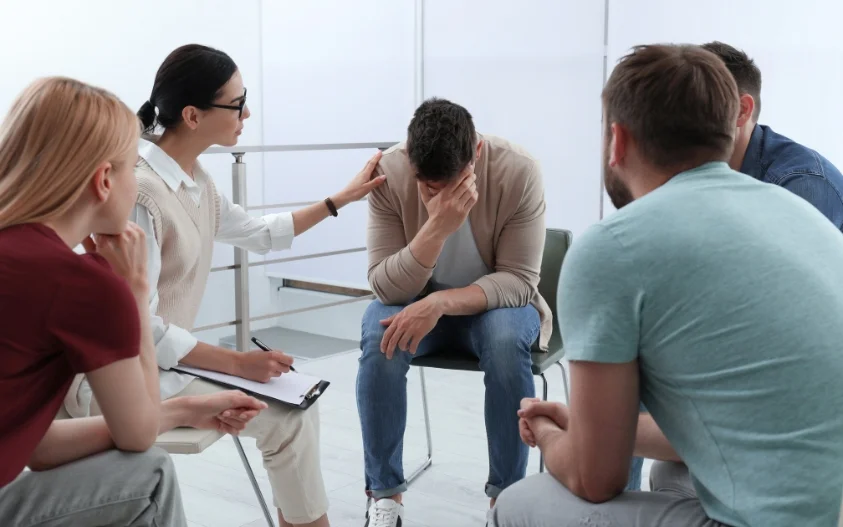24/7 Helpline:
(866) 899-221924/7 Helpline:
(866) 899-2219
Other Insurance Options

Kaiser Permanente

GEHA

UnitedHealth Group

MVP Healthcare

BlueShield

Evernorth
Beacon

WellPoint

Access to Recovery (ATR) Voucher

Choice Care Network

Magellan Health

Lucent

Sliding scale payment assistance

Anthem

Absolute Total Care

Horizon Healthcare Service

Amerigroup

Oxford

State Farm

PHCS Network









Bainbridge Treatment Center
Bainbridge Treatment Center is a private rehab located in Bainbridge, Georgia. Bainbridge Treatment ...



AA – Alcoholics Anonymous
AA – Alcoholics Anonymous is a non-profit rehab located in Bainbridge, Georgia. AA – Alcoholics Anon...

Decatur County Mental Health Center
Decatur County Mental Health Center provides an array of support and services to those affected by m...

The Harvest House Of Hope
The Harvest House Of Hope is a private rehab located in Bainbridge, Georgia. The Harvest House Of Ho...
















































